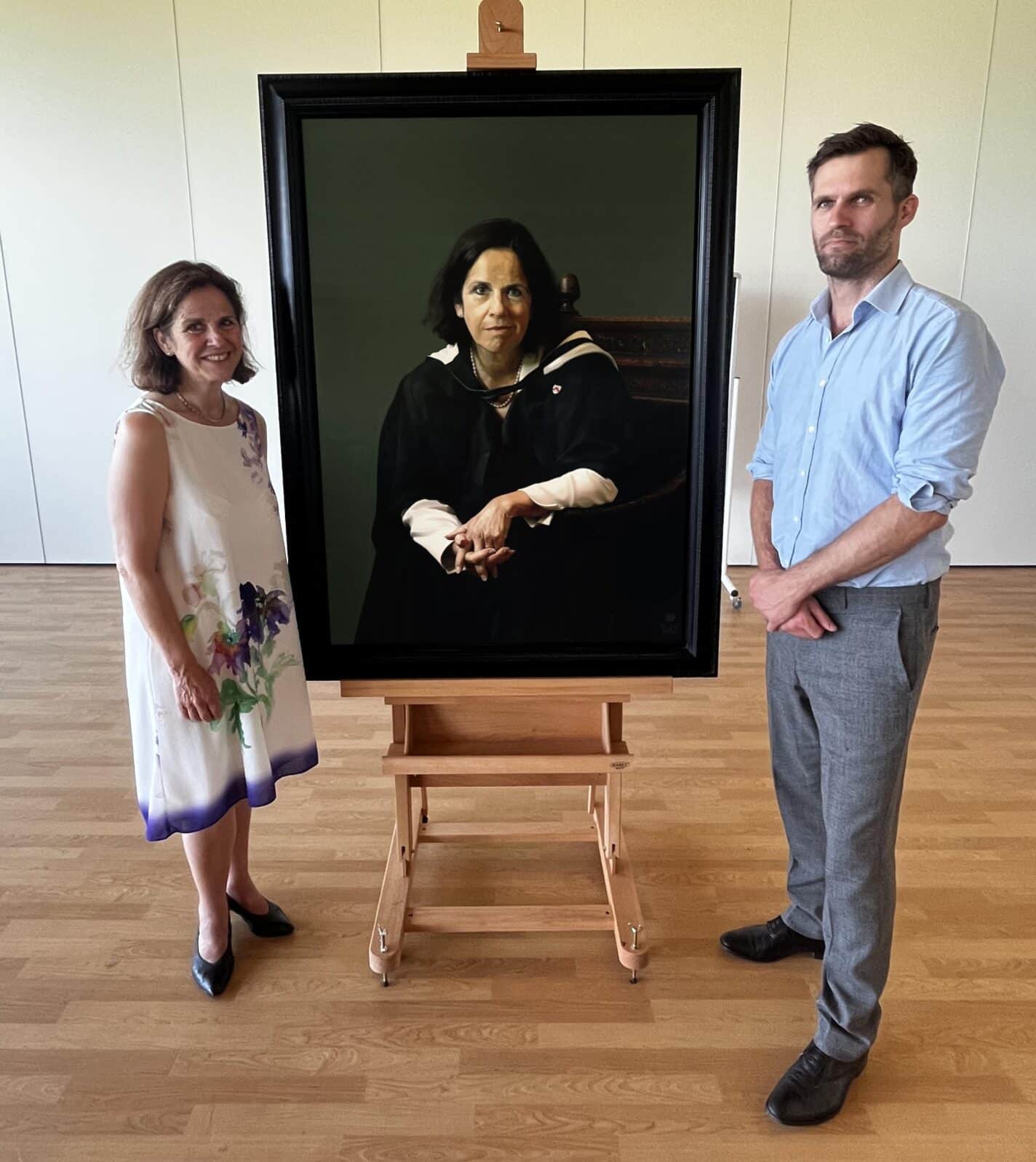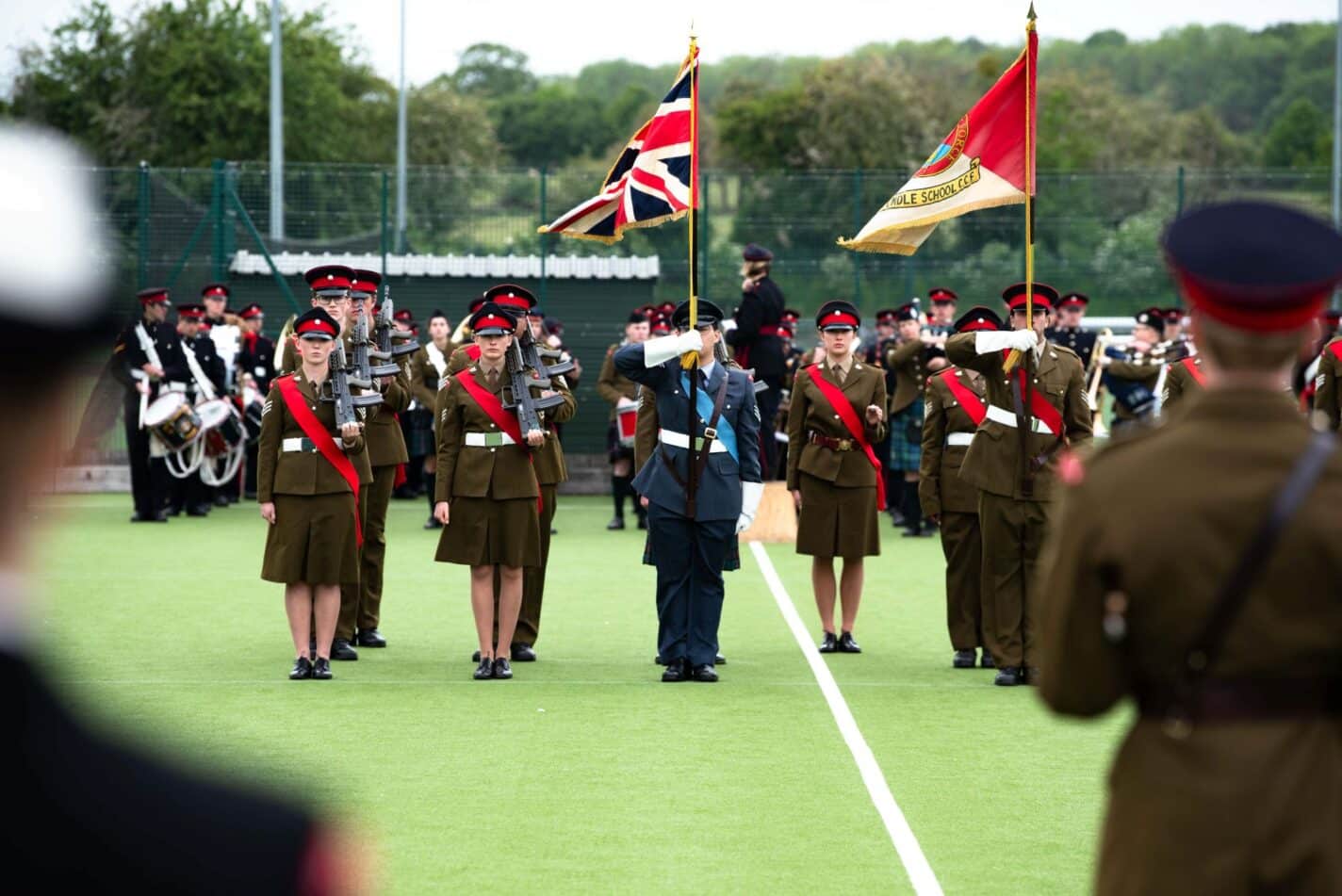Twenty Oundle pupils, accompanied by three teachers, travelled to Mexico during the summer holidays on a biology expedition to learn about biodiversity conservation in two different environments.
The team spent the first week rough camping in the remote Calakmul Biosphere Reserve, part of the largest expanse of neotropical forest north of the Amazon, supporting one of the highest biodiversity levels in the world. Working under the guidance of scientists in the local conservation programme, pupils arose for early starts before the birds awoke, and went for walks by torch after dark to conduct bird, bat and butterfly mist netting surveys. The pupils adapted to the high heat and humidity in the jungle, as well as close-up encounters in the camp with large venomous snakes and palm-sized tarantulas.
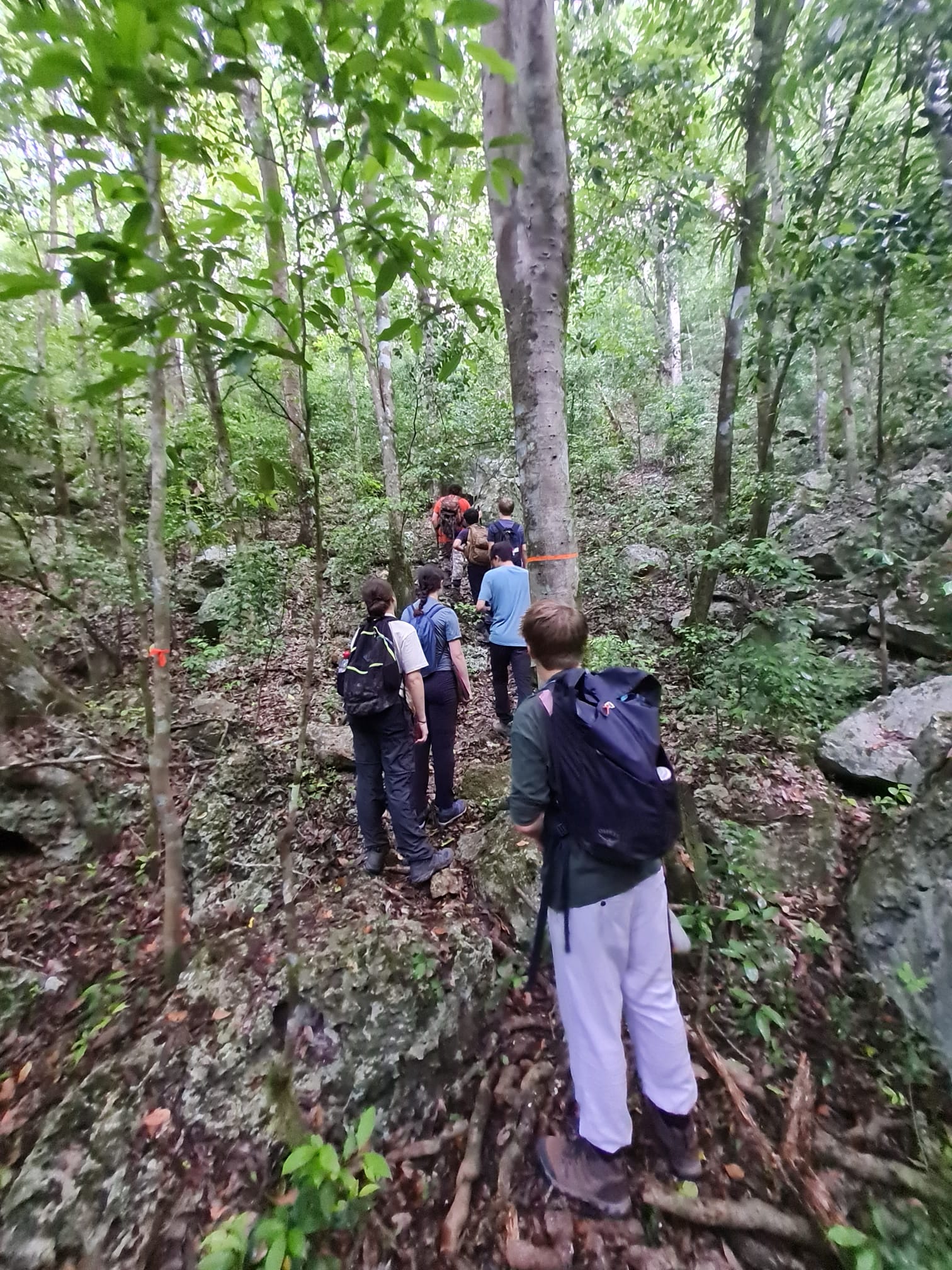
The reserve is also notable for its Mayan ruins well off the tourist trail. A guided tour of the extensive archaeological site revealed the remains of a sophisticated ancient civilisation, discovered by biologists working in the jungle, and only open to the public since the 1990s.
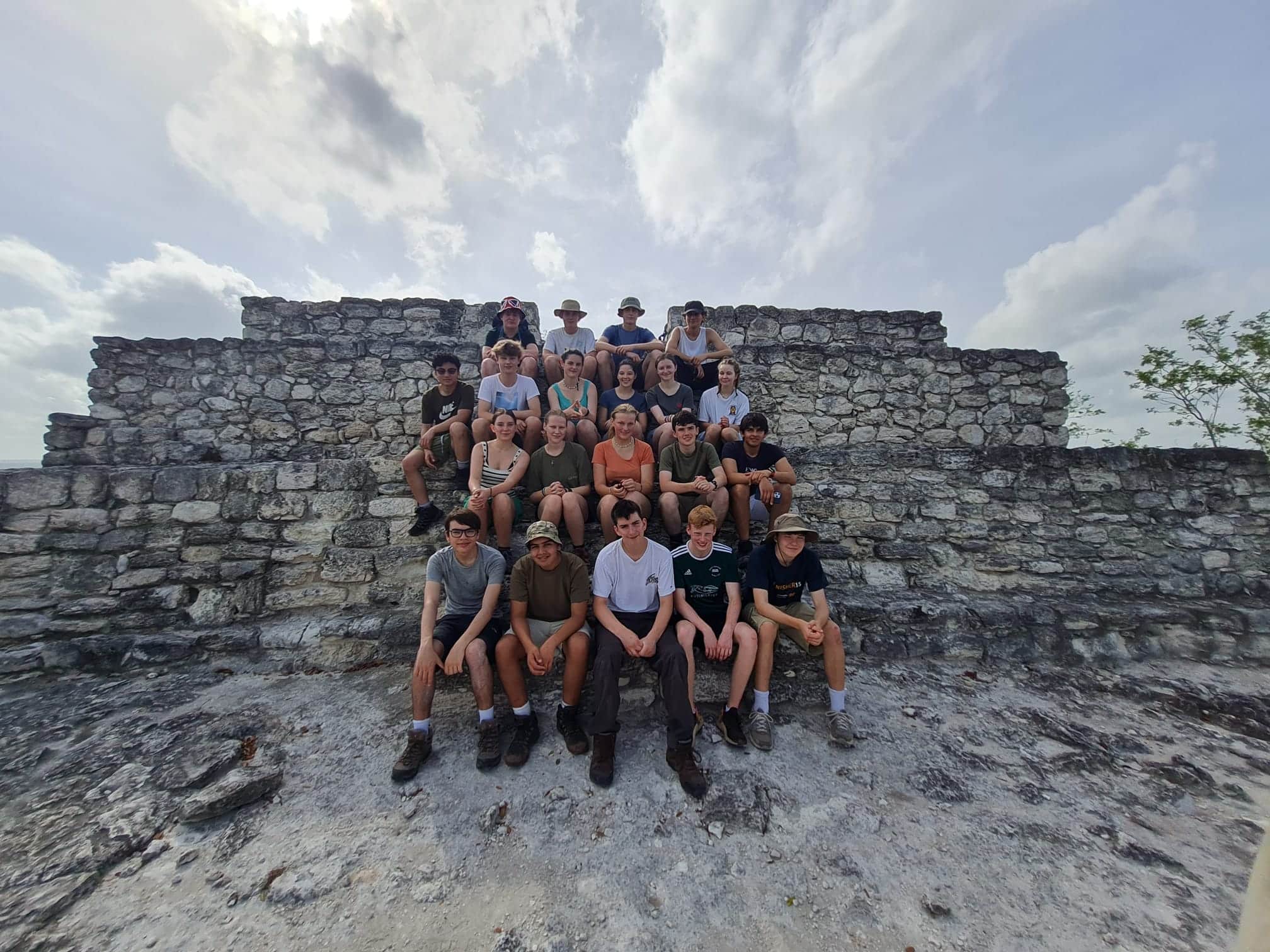
For the second week, pupils travelled to a marine site in Akumal, part of the Mexican Caribbean Biosphere Reserve, where pristine beaches and indoor bunkrooms offered more opportunities to relax.
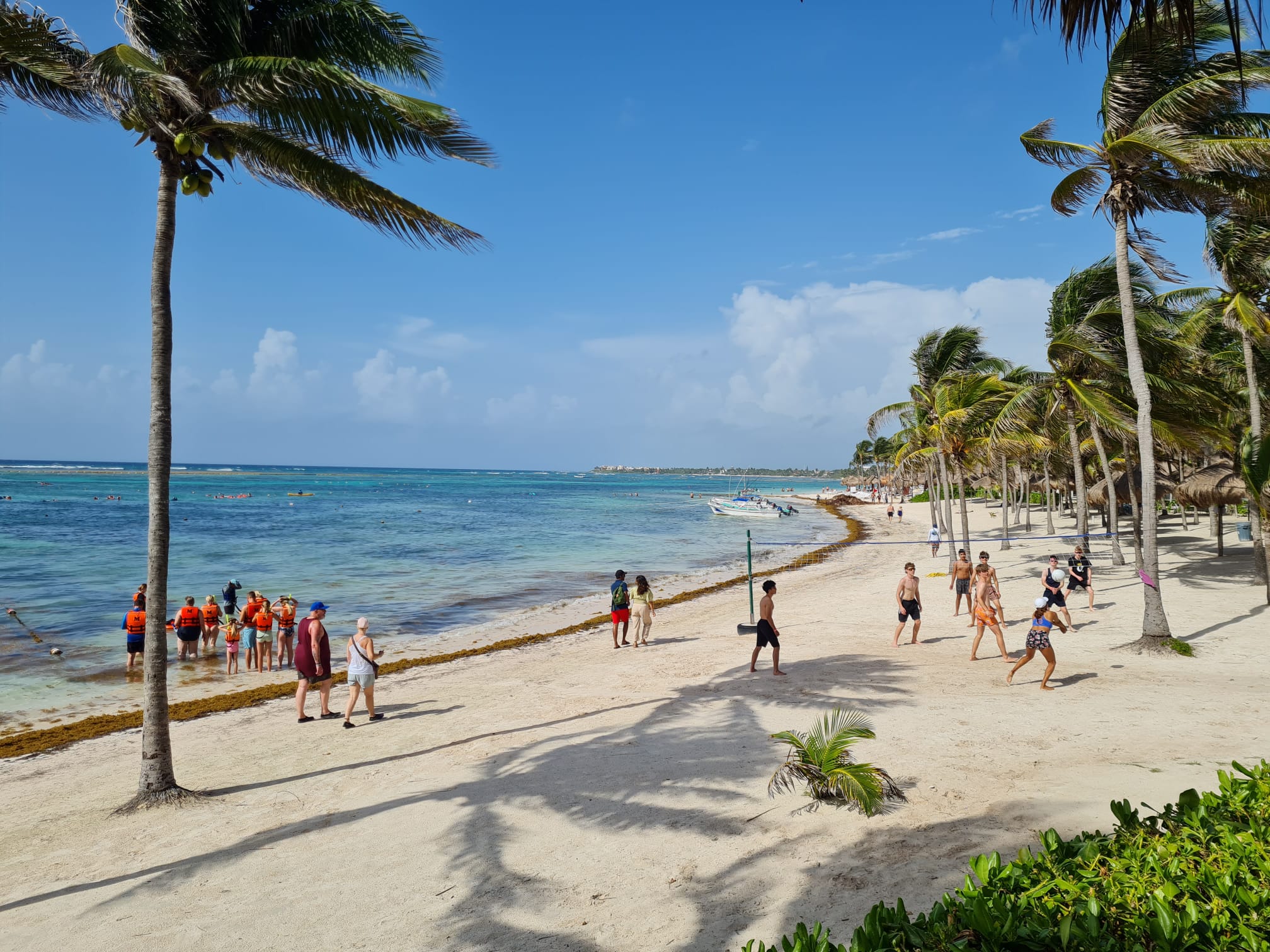
Pupils who were not already qualified to dive had the opportunity to take the PADI Open Water dive training course. With lectures and practical sessions, pupils learned about marine survey techniques, coral reef conservation and monitoring of sea turtle populations and grazing.
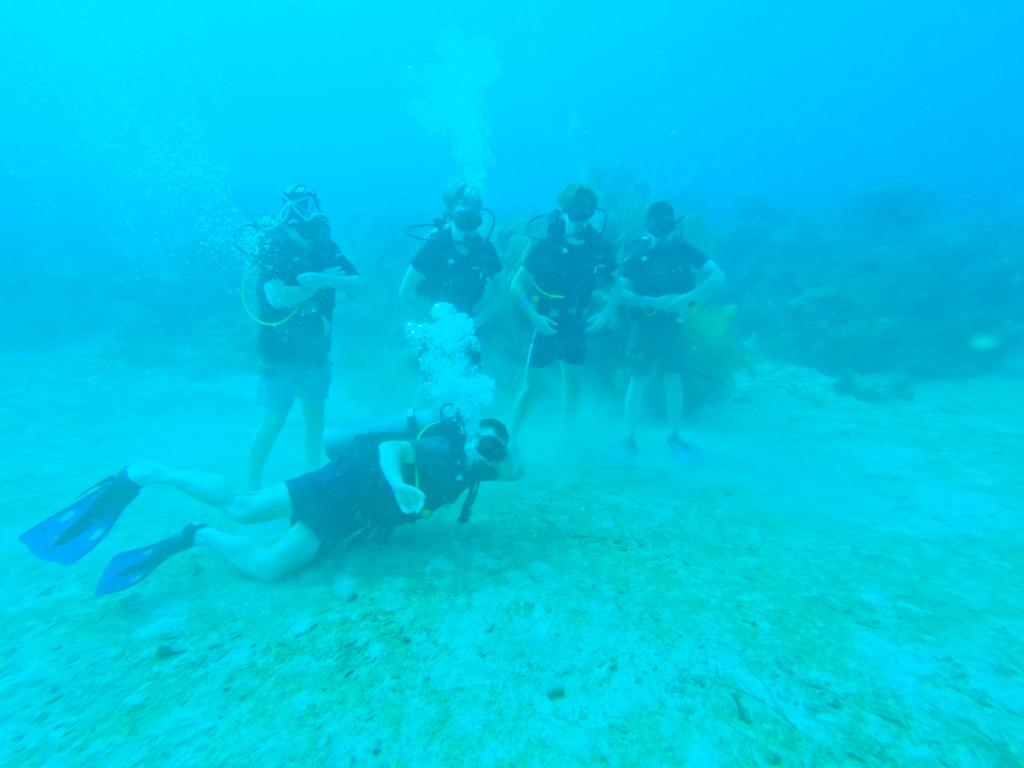
The pupils’ invaluable experience of immersive biological investigations was enriched by the adventure of travel and the cultural wealth that Mexico offers to its visitors.


